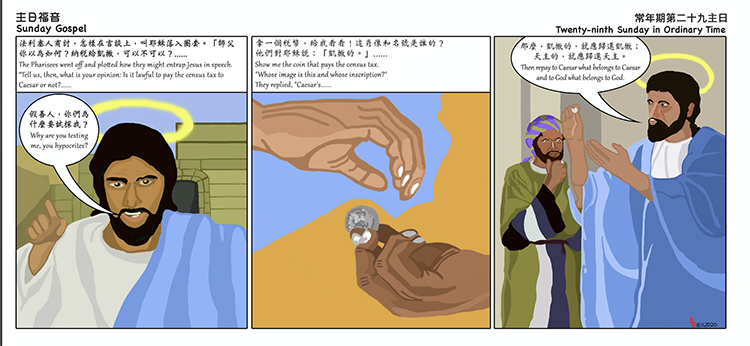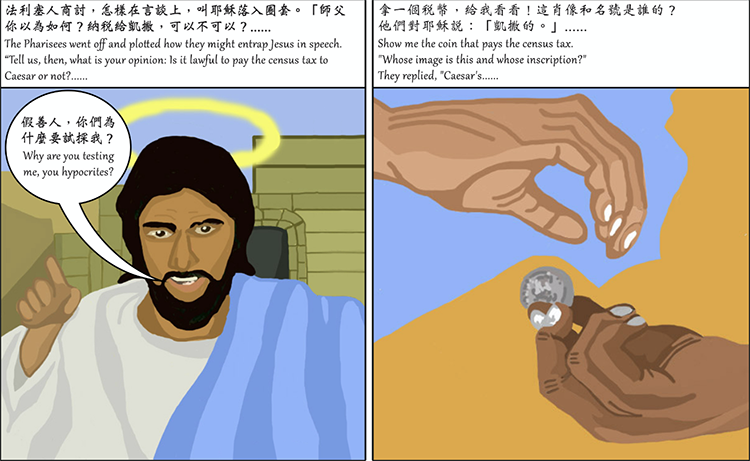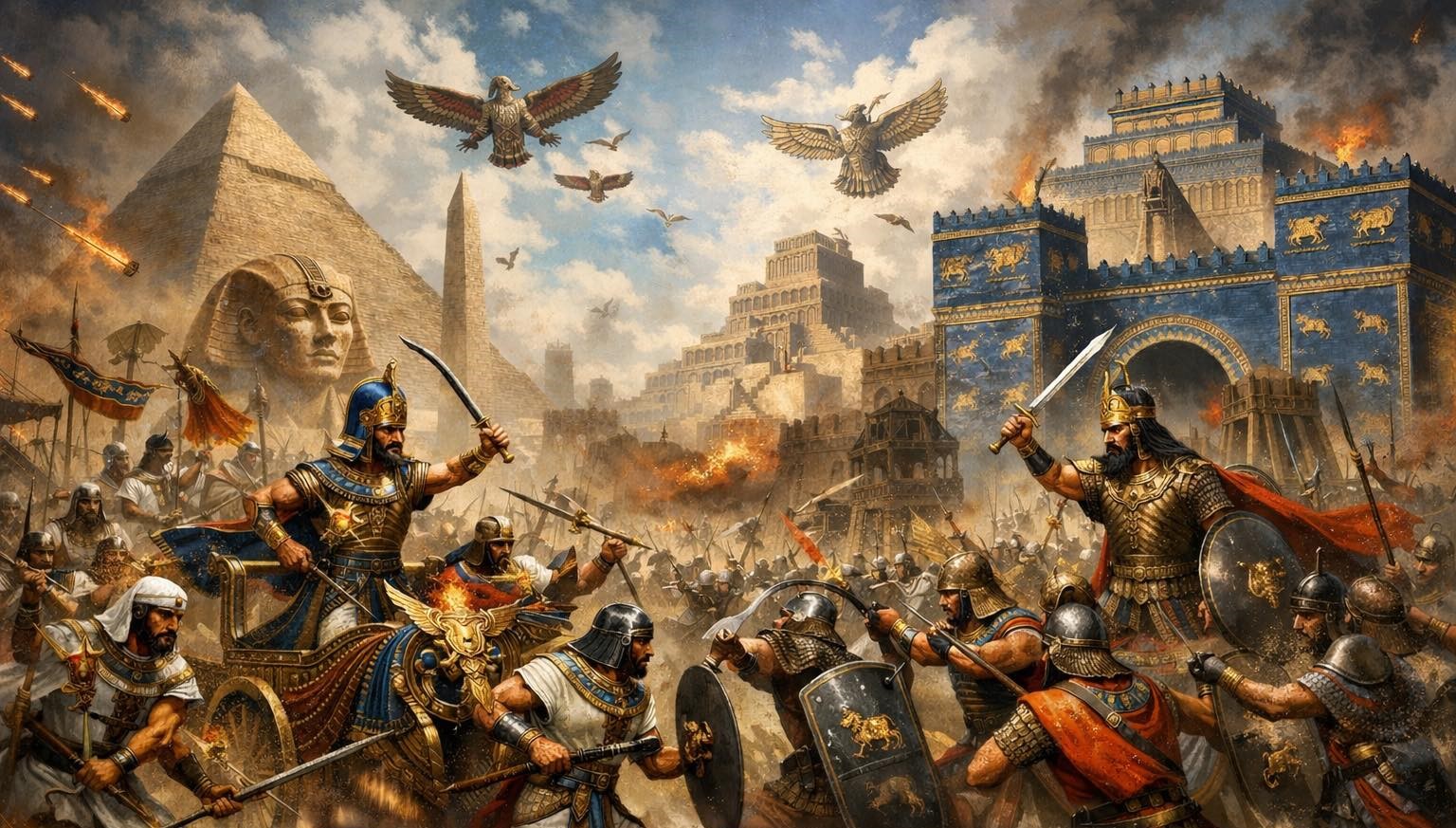18 October 2020 – 29th Sunday in Ordinary Time – Year A
Matthew 22:15-21
Fernando Armellini SCJ
Claretian Publications
Every Roman coin had images of the emperor. Graven images amount to idolatry and are prohibited by their law. Using the money of Tiberius meant idolatry. Jesus is aware of the pitfall that they have laid for him. He does not avoid the question. As he usually does, he skillfully leads the interlocutors at the root of the problem.
He wants them first to show him the money. They naively reach out under the tunic where they usually hide the money and they present it to him. They do not realize that Jesus is playing a trick on them as well: first, he asks for the money. It means that he does not possess it, and if they pull it out, it means that they use it without any problem. They receive it for their services, and with it, they buy the products at the market. What’s more, the dispute takes place in the precincts of the temple, and in the holy place, and they do not bother to profane it by showing that image. They have scruples only when they have to pay taxes.
After looking at the money Jesus asks, “Whose image is this?” “Caesar’s,” they say. “So—he concludes—give to Caesar what is Caesar’s and give to God what is God’s” (v. 21).

The first message is: it is a moral and civil duty to contribute to the common good by taxes. There is no reason that justifies tax evasion or theft of state assets. Whatever the policy and economic choice of the government, the disciple of Christ is called to be an honest and exemplary citizen. He is actively engaged in building a just society. He makes political choices that favor the weakest, not those that safeguard their own interests. Jesus’ answer, however, is not limited to state the duty to contribute to the common good with the payment of taxes. He adds: “Give to God what is God’s.”
The verb he uses more precisely means “to return.” What belongs to God? If the coin had to be “returned” to Caesar because on it was stamped the face of his master, man must be “returned” to God. Man is the only creature on whom the face of God is imprinted. He is sacred and no one can take him as his own. Those who make them their own (enslave, oppress, exploit, dominate, use them as an object…) should immediately return him to his Lord.
Translated by Fr. John Ledesma SDB
Abridged by Fr. Jijo Kandamkulathy CMF


 Follow
Follow


